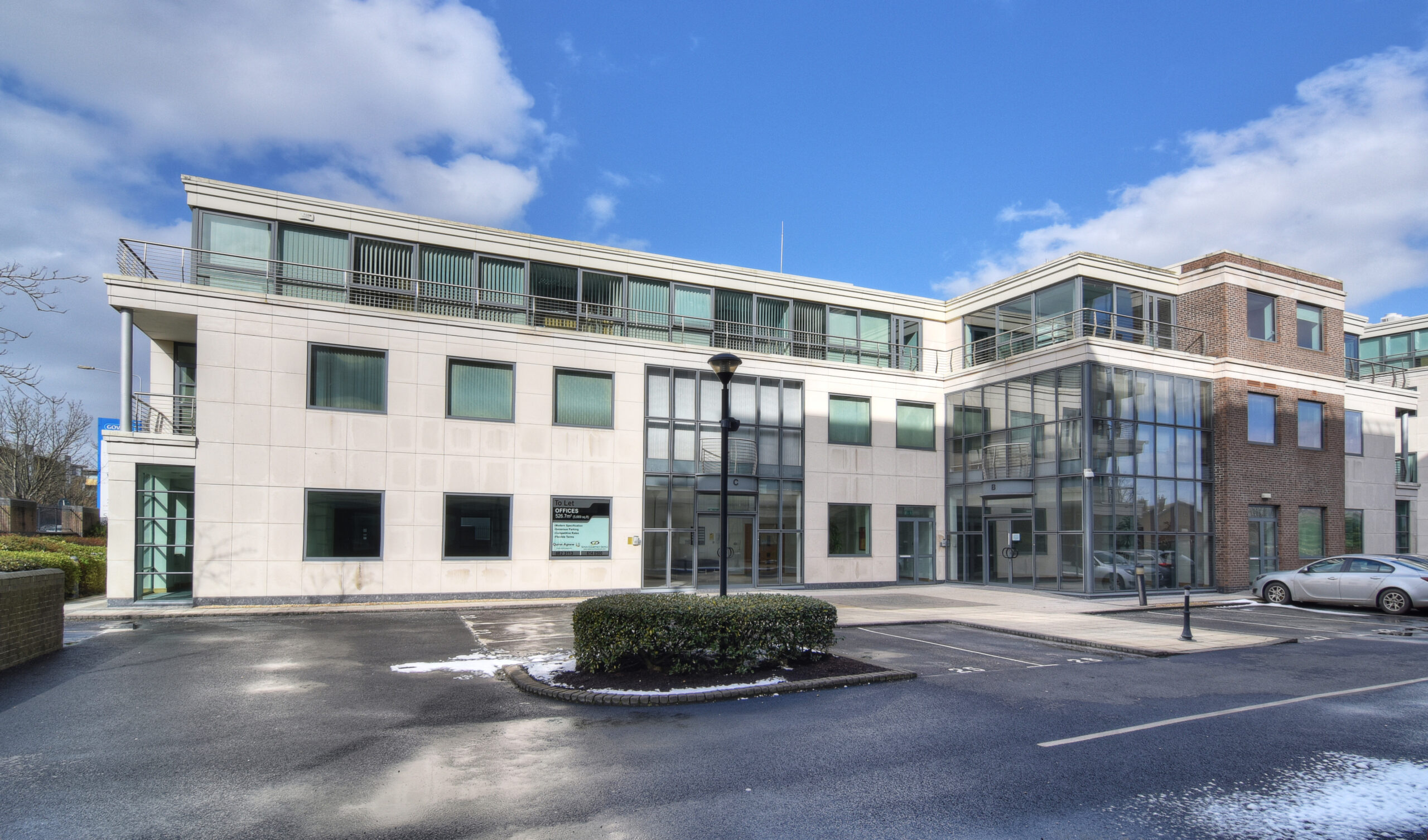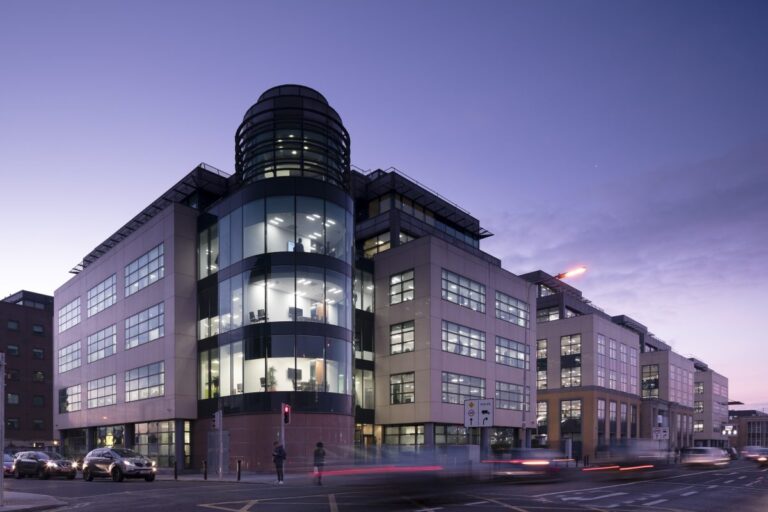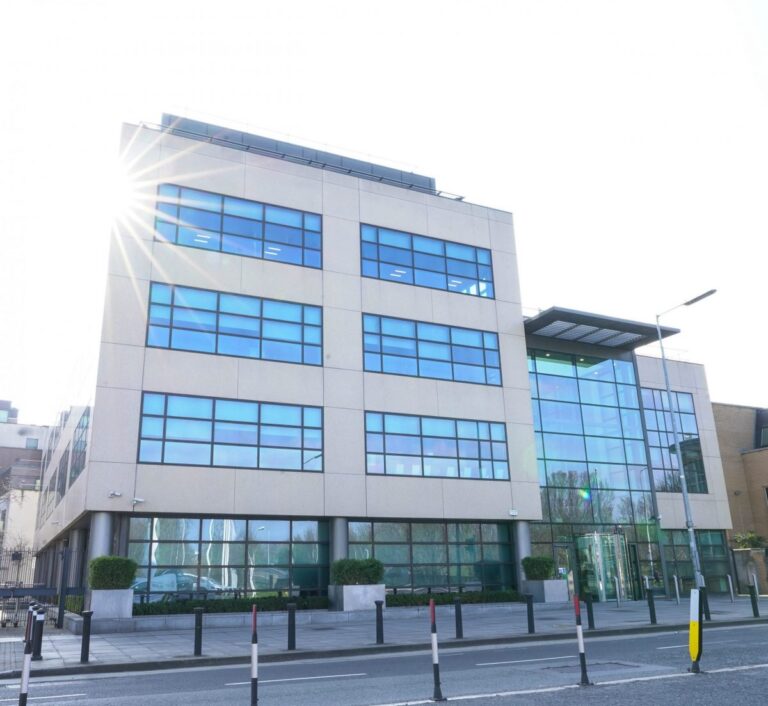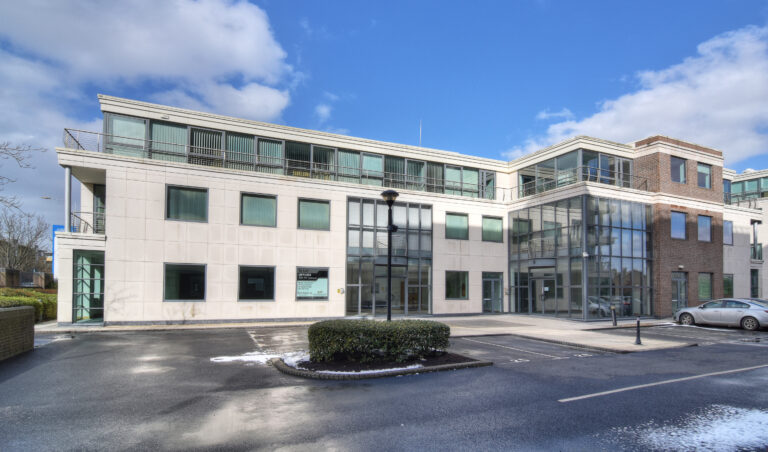Yew Grove REIT plc (LON:YEW) Chief Executive Officer Jonathan Laredo caught up with DirectorsTalk for an exclusive interview to discuss their preliminary results, the key attractions for investors and what to expect in the coming months.
Q1: Jonathon, you’ve released your prelim results today, can you remind us what the focus of Yew Grove REIT is and talk us through the highlights of 2019?
A1: We are an Irish REIT, we focus on buying commercial property specifically offices and industrial buildings and the key point of our offices is their offices situated in Ireland, anywhere except the central business district of Dublin.
The highlights for us is 2019 were the fact that we raised €39 million of equity plus over €10 million of debt and all of that money was invested within 2 weeks of it being raise so from an investment point of view, we’ve minimised cash drag from new equity.
Moreover, during the year, we paid our shareholders a dividend per share of 6.75 cents and we did that whilst almost doubling the size of our portfolio improving our income with almost no change in our cost base.
Q2: Now, from an investors perspective, what do you see as the key attractions of the parts of the Irish commercial property market that you’re focussing on and specifically what are the key attractions of the company?
A2: Let’s answer the first half of the question first. We’re invested in a part of the market, i.e. offices and industrials, which most institutional investors who focus in Ireland have overlooked.
So, at the moment, institutional investment in Ireland at the moment is 80% on the central business district of Dublin, two postcodes, and 20% on everything else. That’s not withstanding that the two markets, the essential business district of Dublin and everything is are approximately the same size in value.
What that means is that for an investor who’s prepared to do what we do, the yield of which you can invest are very attractive. So, for example, if I was buying a business in central Dublin I’d be buying at an effective yield or 4-4.5%, if I buy a high quality office in the Midlands or in Cork or in Limerick, I can buy at yields of 7% or better.
However, that’s not the only part that’s interesting. The key point about Ireland is that Ireland is a very open economy and more than 50% of all foreign investment in the country is invested outside of Dublin. It’s been the best performing economy for the past 3 years and that performance is driven by multi-national investment.
So, not only to we have very attractive yields on entry, we’ve got a very high quality tenant base, more than 95% of our tenants are either government tenants or multi-nationals. This means that not only do you buy an asset with a high current yield but you buy a very high quality asset, 50% of our rent goal is rated single A or better and more than 80% is rated better than triple B.
When you look at our company, what you’ve got to bring to the party is we’re an internally managed REIT which means all of the management are employees, we are very very focussed on cost. Management have investments currently of about 4% of the equity and those are investments we’ve made with cash so we’re fully invested in the company. Just a simple point, from 2018 to 2019 our total costs excluding financing costs rose less than 15% on an annualised basis and our revenue in that year rose by approximately 50%, there’s huge operational leverage in the company.
As we grow, our revenues go up must faster than our costs so not only do you earn what is what I think is a market-beating quality high income but as we grow, you will benefit from the operational leverage which we bring to the company as managers.
Q3: Finally, what is the start of the new financial year looking like for Yew Grove REIT, particularly in light of the current turmoil and what can we expect to see from the company for the remainder of 2020?
A3: Let’s separate this question into the fundamentals of our business and then address the turmoil in the market.
Fundamentally, our business is in fantastic shape, as we came to the New Year, we have a pipeline of potential purchases in front of us which is in excess of €120 million. Not only that, our portfolio currently has a yield, meaning if I just look at the contracted rent of our properties of 7.5% of its current market value, and it has a reversionary yield meaning if everything was let at today’s market value, the yield would be 9.1%.
So, there’s almost a 1.6% uplift available between what we currently earn and what we could earn. Some of that will be earned by letting vacant space and most of that vacant space will be let in the future, some of that will be earned by moving properties which are under-rented meaning the rent is below market value to current market rents which will do by rent reviews, the exercise of breaks in our tenants and negotiation.
We enter the year with two key things to try and achieve. The first is to buy as much property as we can at good values and the second is to capture as much of that reversionary income as we can and improve returns to our current shareholders and hopefully change and improve the value of our portfolio.
When we look at the current market turmoil, it’s quite clear that until there is clarity on the coronavirus and how it will affect the economy, there’s going to be little equity investment in the market. When stock markets are collapsing, people find it very difficult to make decisions in a new investment.
So, for us, what that means is we will focus on improving our portfolio until such time that the markets calm down, some of the activity is essential so for example, we’ve looked at our entire estate and said are we exposed? Are any of our tenants potentially exposed to financial strain because of the coronavirus? We have a few very small tenants who account for less than 1% of our rent roll who might have cash flow problems but by and large, our tenants are governments or very large multi-nationals who are not in businesses which will be affected by coronavirus, at least not for the foreseeable future.
Fortunately, we do not have exposure to financial risk, what we’re doing is making certain that we’re ready to deep clean buildings, to work remotely, to facilitate remote working so most of that activity is just essential management activity.
At the same time, we’re getting on with our asset management, we’re discussing with tenants rent reviews, we’re advertising vacancies, in fact two of our vacant buildings are currently under offer and so, I would hope over the next few months to have some very good news to announce to the market.
Once the market calms down, who knows when they might be but let’s assume it’s somewhere towards the end of the second quarter, if the capital markets open again, we have a very strong pipeline and we will try and track the markets to take advantage of that pipeline. That will be when the markets are ready, our pipeline is ready whenever the markets are ready.








































